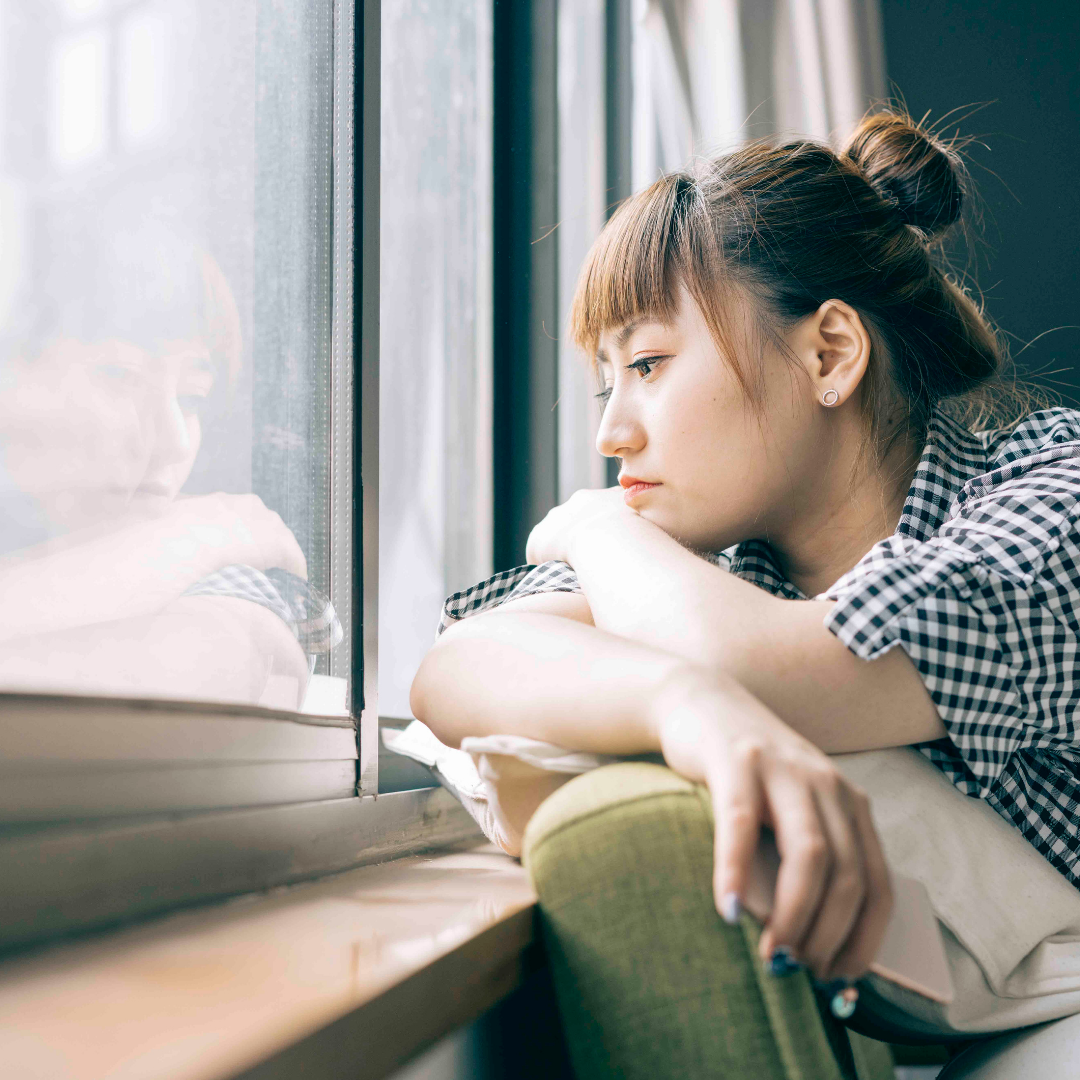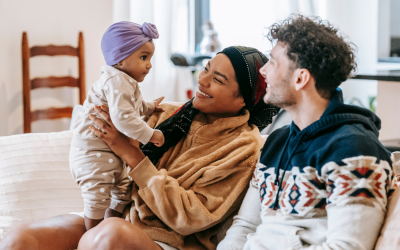
How to Feel Less Lonely
Written by: Jordan Kadish, Psychotherapy Assistant Intern
This post may contain affiliate links, which means we may receive a commission, at no extra cost to you, if you make a purchase through a link. Please see our full disclosure https://sagecounselingtherapyandwellness.com/disclosure-privacy-policy-terms-of-use/ for further information.
“What a lovely surprise to finally discover how unlonely being alone can be.” – Ellen Burstyn
Despite there being almost 8 billion people on this planet, it’s quite easy to fall into a pattern of feeling lonely, isolated, and misunderstood by those around you. We naturally strive for and are dependent on valuable and authentic interaction, as it makes us feel connected—like we have a purpose of being here because other people value our presence.
What happens, though, when one is unsatisfied with their social connections, or lack thereof? Well, it leaves them feeling dejected and lonely. And, sadly, these feelings are more common than you may think.
In a Cigna[1] study conducted between 2018 and 2019, results showed that 61% of adults in America described themselves as lonely. Keep in mind, this is pre-pandemic when we all saw significantly fewer people due to quarantine mandates.
A Harvard University[2] study conducted in 2021, post/mid-pandemic, consequently found that 43% of adults would describe their level of loneliness as significantly higher than it had been before the pandemic started. This evidence points to implications that loneliness has always been an issue in America, but recent events have only exacerbated this feeling and caused it to surge to an all-time high.
It is important to understand how other stressors can lead to feelings of loneliness, aside from uncontrollable global events, like the pandemic. Social media, for example, has completely altered the way we view and maintain friendships. The warped sense of connectedness that can be cultivated by looking back on old photos with friends, or keeping in touch with them only through an occasional social media comment, can ultimately make us feel more lonely and disconnected from these individuals in “real life”.
Likewise, the societal pressure for relationships (both platonic and romantic), can in turn make us feel deflated if we are not able to succumb to these standards. Take Valentine’s Day, for example. The holiday is quickly approaching, and being surrounded by photos of happy couples on Instagram and rom-com movie trailers certainly doesn’t make those who are single feel any less lonely.
Another seemingly uncontrollable factor that can negatively affect feelings of loneliness is simply the season. Depending on where you live, this year’s winter is pretty rough at the moment. When you look outside, barely anyone is walking through town, and instead are bundled up in a blanket at home.
Sure, it’s cozy, but not being able to feel at least a little connected just by passing by other humans on a walk, or getting together with friends outside, can put us in a lonely rut. Not to mention, those with Seasonal Affective Disorder have it even worse during this time, as this loneliness is often paired with depression. Not fun at all.
The loneliness-inducers mentioned above are fairly inevitable to encounter. Sure, we can delete social media, or go outside and meet people despite the frigid weather, but in the end, lonely feelings will still arise in some way, and that is completely normal. There is a great deal of shame that seems to revolve around both being physically alone and feeling lonely.
However, being physically alone is often the time in which we develop personal growth from within—we have time to learn about ourselves, what we like/dislike, and be aware of how we feel/think without distraction or influence from others. Likewise, feeling lonely sometimes is simply part of the human condition. There is a way, though, to be alone without feeling lonely, and this solution starts with the realization that loneliness is a state of mind and not a truth-defining factor.
Practicing positive self-talk and gratitude for your state of alone-ness will leave you feeling thankful for time with yourself, refreshed in the ways your actions are autonomous and uninfluenced by those around you, and just plain happier. Try these affirmations to get started:
- I am so grateful to be granted time alone to reflect on who I am and who I want to be.
- The most important relationship I can have is my relationship with myself.
- I am working on myself at the moment, and look forward to a future of healthy relationships that will come because of my hard work.
Working on yourself in the time you spend alone is a beautiful thing, but it’s understandable to feel the need to cultivate connectedness all the while doing so. Below are some concrete ways to stay involved with the people and world around you in order to stop feelings of loneliness before they creep in:
- Reach out to friends and family. Calling an old friend or family member whom you haven’t spoken to in a while can almost instantly zap feelings of loneliness. You can talk about how you’ve been feeling, or just catch up and recall fun memories to brighten your outlook. Make sure you reflect on why you are grateful for this relationship once the call is over–or you can even tell them!
- Consider joining an organization or online community: If you are finding that you have little to no friends to turn to when craving social connection, why not make some new ones? Volunteering at your local soup kitchen, enrolling in an art class, or even joining a Facebook interest group for your favorite band are all ways to make connections and feel less like you are going through your days alone.
- Get a pet/ESA: It’s important to note that you should only be considering adopting a pet if you feel capable (mentally and financially) of taking care of another living thing. Pets can be a huge responsibility and one that lasts years. But, a study conducted by the Human-Animal Bond Research Institute[3] found that 80% of pet owners report feeling less lonely after getting their pets. It gives you the responsibility to take care of them and be a constant companion.
- Practice Self Care: Taking care of yourself will make you feel more connected to your own thoughts, emotions, and feelings, which ultimately will make you more likely to seek out healthy friendships and relationships. One way to do this is through guided self-care journaling, which can be completed using workbooks like “The Self-Compassion Skills Workbook” or “The Self Love Workbook”.
To discuss how therapy could help you during this season of your life, please contact me or schedule your free 15 minute consultation.
Want to read more? Here are a few of my related blog posts you may be interested in checking out!
– “How To Be Single and Date During Covid-19″
– “How To Identify Relationship Green and Red Flags”
Notes:
[1] Cigna (2018) Cigna US loneliness index. https://www.ipsos.com/sites/default/files/ct/news/documents/2018-05/us-loneliness-index-report-pr-2018-05-01.pdf.
[2] Cashin, A. (2021). Loneliness in America: How the Pandemic Has Deepened an Epidemic of Loneliness. Making Caring Common. https://mcc.gse.harvard.edu/reports/loneliness-in-america
[3] Human-Animal Bond Research Institute. (2020). Social Isolation & Loneliness. HABRI. https://habri.org/research/mental-health/social-isolation/




0 Comments